Scientists have discovered that massive volcanic eruptions could lead to extreme droughts, posing a significant threat to global food production and ecosystems. According to a recent study published in the journal Nature, a volcanic mega-eruption could cause a prolonged period of drought, rather than a planetary winter, which has long been a concern.
The study, conducted by researchers at the University of California, found that a massive volcanic eruption could release large amounts of sulfur dioxide into the atmosphere, blocking sunlight and cooling the planet. However, this cooling effect would be short-lived, and the resulting drought would be much more severe and long-lasting. "Our research suggests that a volcanic mega-eruption could lead to a prolonged drought, lasting several years or even decades," said Dr. David Raiter, lead author of the study. "This would have devastating consequences for global food production and ecosystems."
The researchers used computer simulations to model the effects of a massive volcanic eruption on the global climate. They found that the resulting drought would be caused by a combination of factors, including the blocking of sunlight and the disruption of global atmospheric circulation patterns. "The drought would be so severe that it would be difficult for many regions to recover," said Dr. Raiter. "This is a wake-up call for policymakers and scientists to take a closer look at the potential impacts of volcanic eruptions on global food security."
The study's findings are particularly relevant given the increasing frequency and severity of volcanic eruptions in recent years. According to the Smithsonian Institution, there have been over 50 major volcanic eruptions in the past decade alone. "Volcanic eruptions are a natural hazard that can have significant impacts on global climate and ecosystems," said Dr. Raiter. "It's essential that we better understand the potential risks and consequences of these events."
The study's authors are calling for further research into the impacts of volcanic eruptions on global climate and ecosystems. They also recommend that policymakers and scientists work together to develop strategies for mitigating the effects of drought and promoting global food security. "This is a critical issue that requires a collaborative effort from the scientific community, policymakers, and the public," said Dr. Raiter.
The study's findings have significant implications for global food production and ecosystems. A prolonged drought could lead to crop failures, food shortages, and economic losses. It could also have devastating consequences for ecosystems, including the loss of biodiversity and the degradation of natural habitats. "The potential impacts of a volcanic mega-eruption are so severe that it's essential that we take action now to prepare for and mitigate these effects," said Dr. Raiter.
In response to the study's findings, the United Nations Food and Agriculture Organization (FAO) has called for increased investment in research and development of drought-resistant crops and agricultural practices. "The FAO is committed to supporting countries in their efforts to build resilience to drought and other climate-related shocks," said a spokesperson for the organization. "We believe that this study highlights the need for a more proactive approach to addressing the impacts of volcanic eruptions on global food security."
The study's authors are also working with policymakers and scientists to develop strategies for mitigating the effects of drought and promoting global food security. They are calling for a collaborative effort from the scientific community, policymakers, and the public to address this critical issue. "This is a wake-up call for all of us to take action now to prepare for and mitigate the effects of a volcanic mega-eruption," said Dr. Raiter.
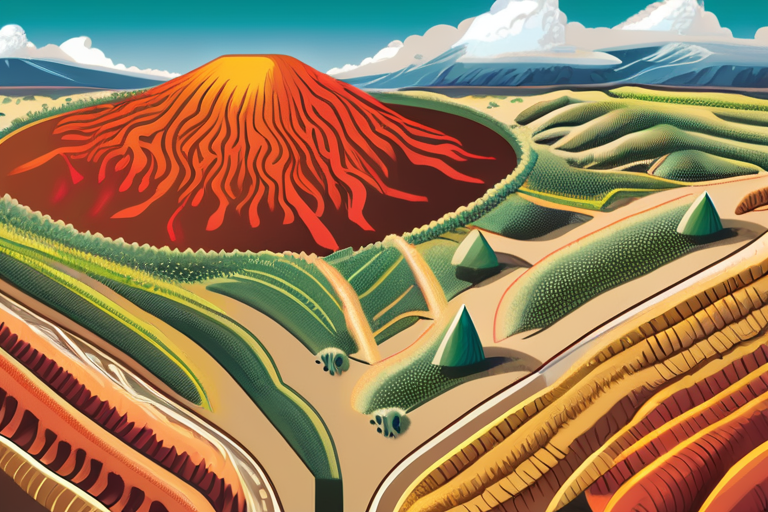



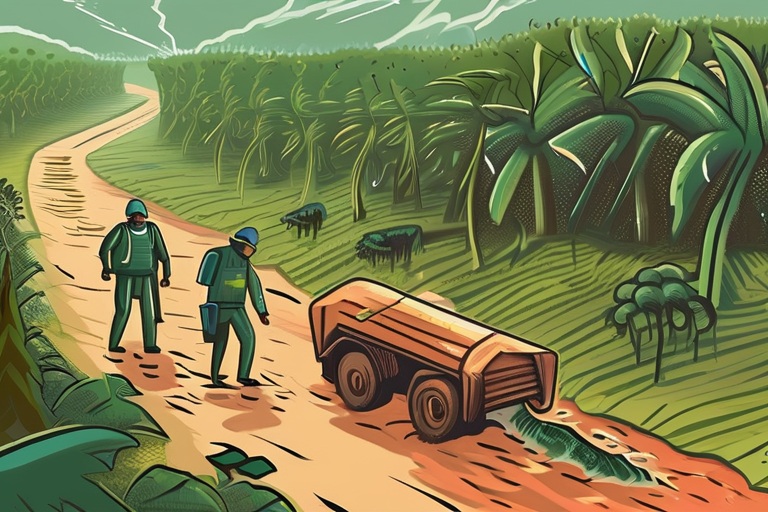
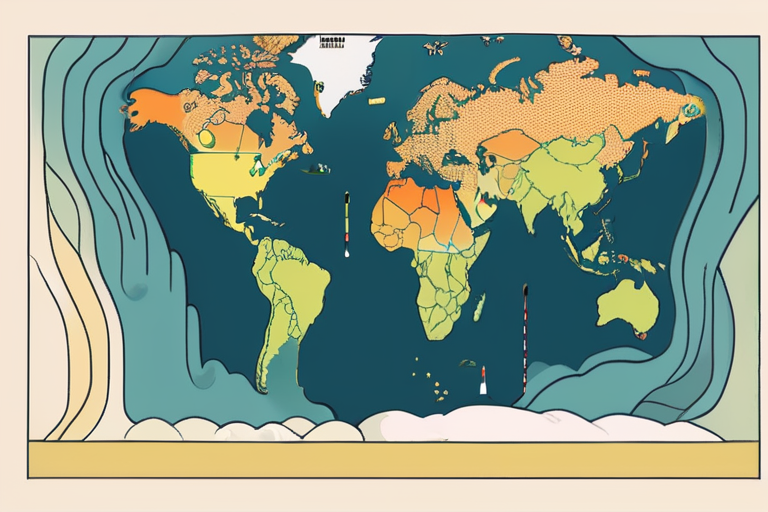







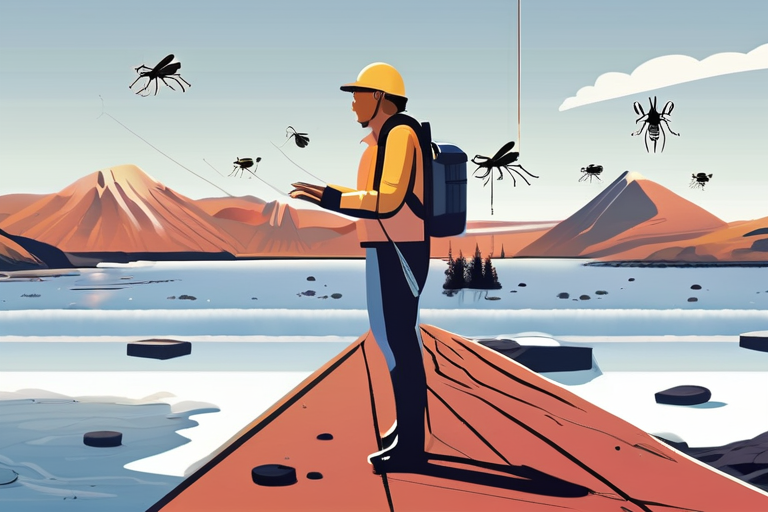
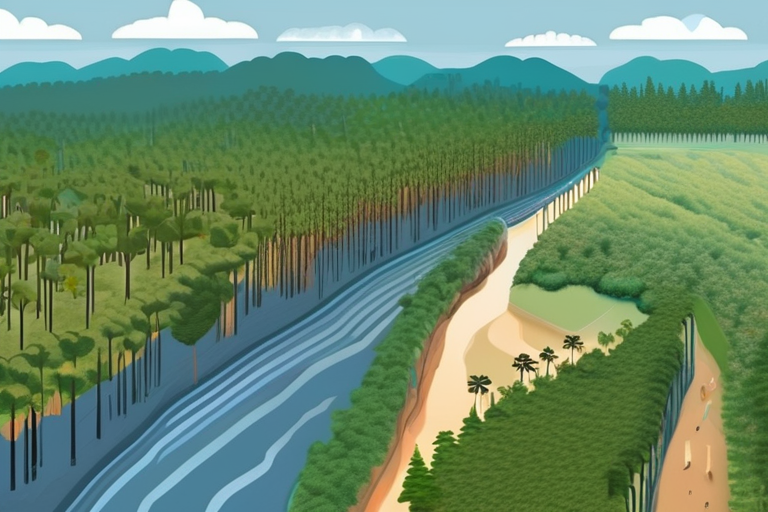


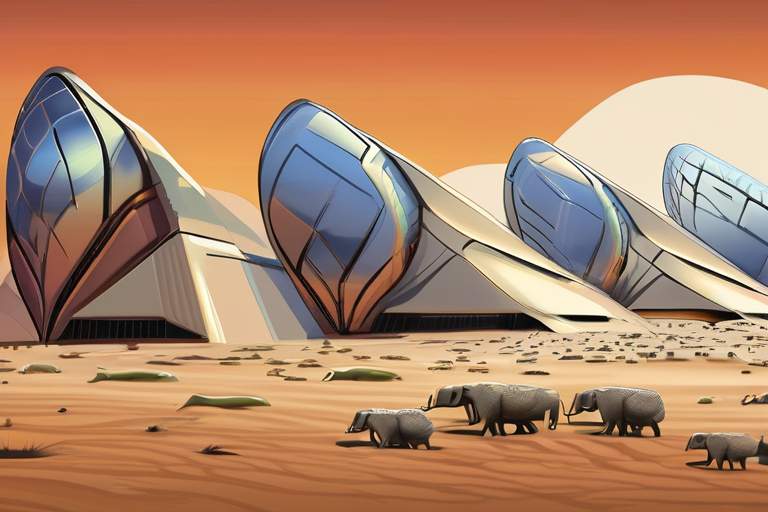


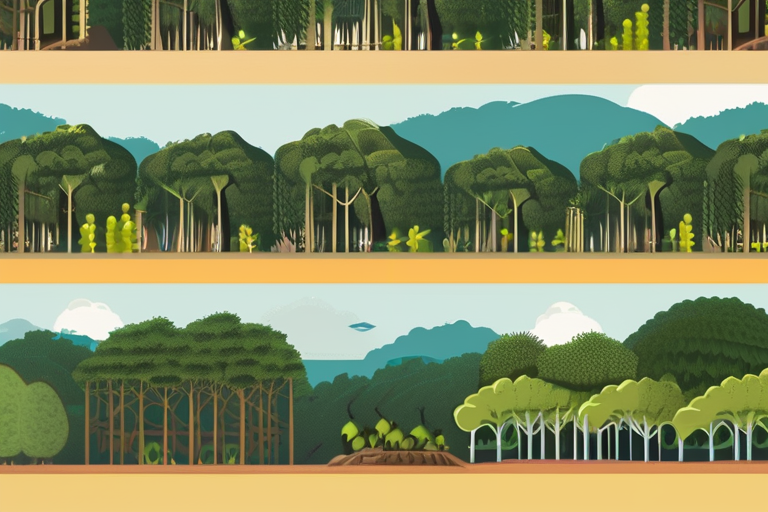

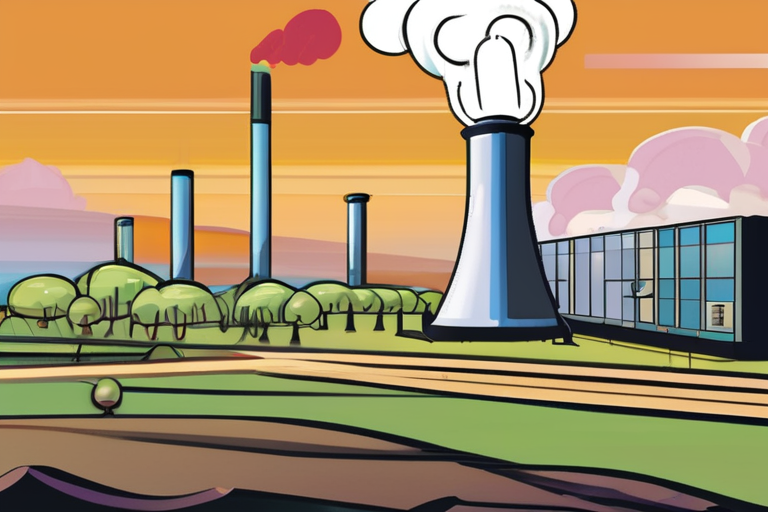



Share & Engage Share
Share this article